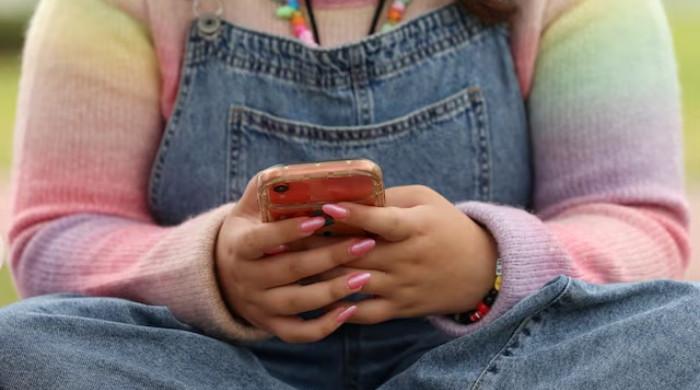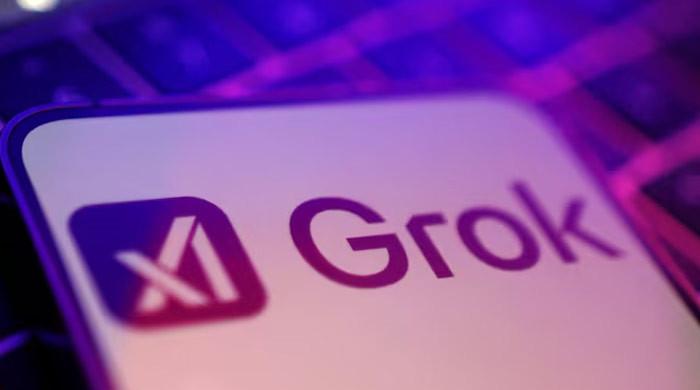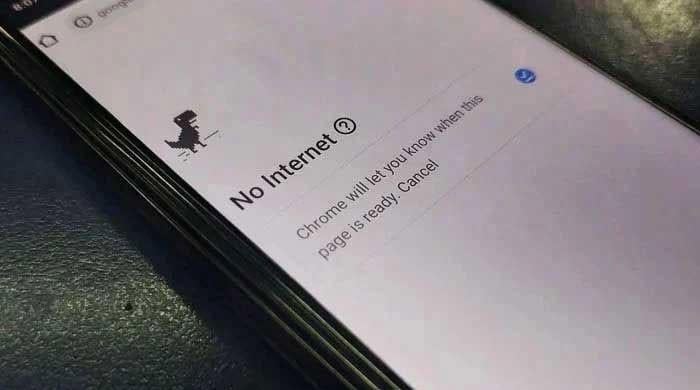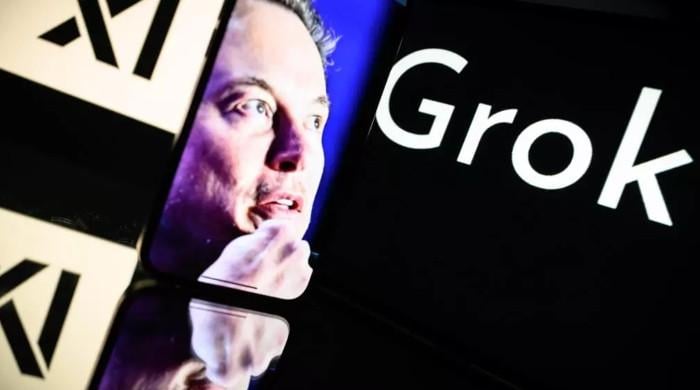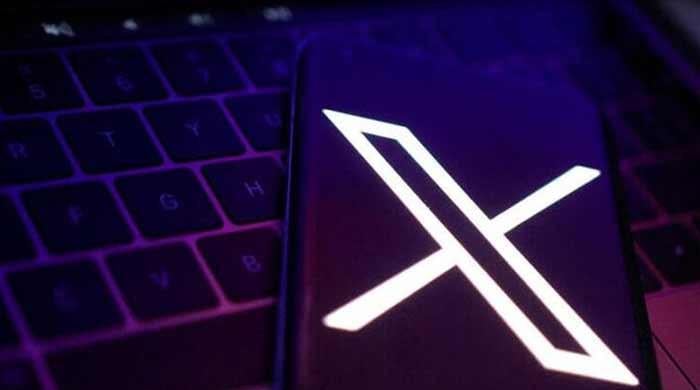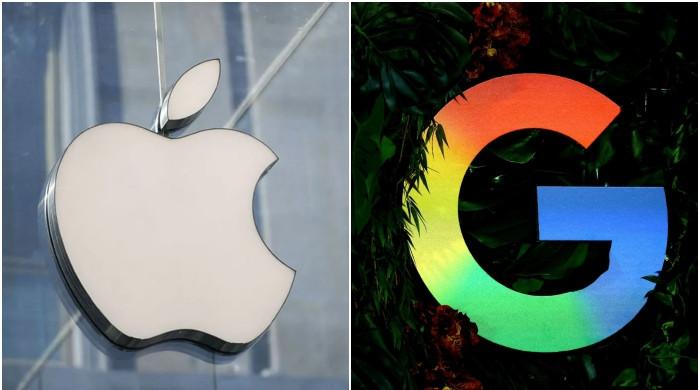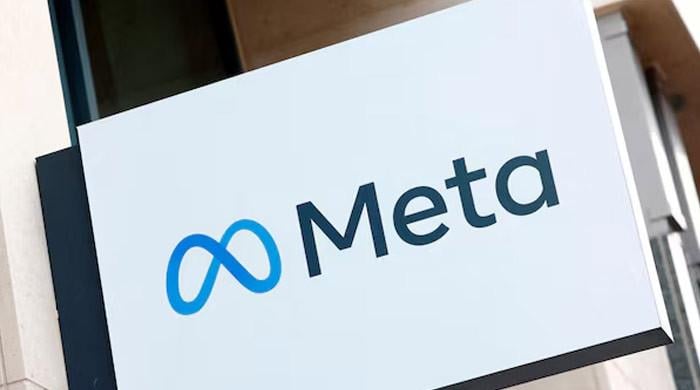Online safety for teens: TikTok strengthens protection mechanism
TikTok's global report is designed to help community stay safe while having fun on the app
November 19, 2021
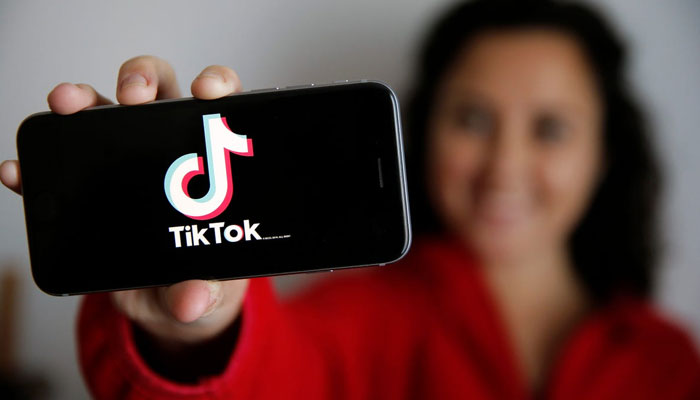
- TikTok releases report on potentially harmful challenges, hoaxes and children's participation in them.
- Report aims to promote online safety and security for children.
- 31% of teens exposed to these hoaxes had experienced a negative impact and, of those, 63% said the negative impact was on their mental health, according to the report.
Video-sharing platform TikTok has launched a global report on young people's engagement with potentially harmful challenges and hoaxes as part of efforts to develop effective responses while it works to enhance its support for teens, parents, and educators.
The video platform aims to contribute to the safety of families online as it continues to explore and implement additional measures for an online secure environment.
Moreover, TikTok also launched social media awareness campaigns like #AapSafeTohAppSafe to promote safety on the platform. The platform also launched its online Safety Center in Urdu which provides resources, guidelines and policies to educate users on safety, security and privacy.
The study surveyed more than 10,000 people, including teens, parents, and teachers from Argentina, Australia, Brazil, Germany, Italy, Indonesia, Mexico, the UK, the US, and Vietnam.
The Praesidio Safeguarding, an independent safeguarding agency, was commissioned to compile a report to capture key findings and recommendations from the study.
Written by Dr Zoe Hilton, Director and Founder of Praesidio Safeguarding, the study convened a panel of 12 leading youth safety experts from around the world to review and provide input.
The study partnered with Dr Richard Graham, a clinical child psychiatrist specialising in healthy adolescent development, and Dr Gretchen Brion-Meisels, a behavioural scientist specializing in risk prevention in adolescence to guide and advise us.
According to the findings of the study, most of the online challenges and hoaxes are fun and safe, such as the Ice Bucket Challenge or #BlindingLightsChallenge, but some promote harmful behaviours including the risk of serious injury.
Just 0.3% of teens categorised their challenges as really dangerous, in comparison with 48% teens who found challenges as fun and safe, 32% found some risk but it was a safe challenge and 14% others said their challenges were risky.
While 46% of teens said they looked for information about risks before taking part in any challenge.
Describing suicide and self-harm hoaxes, 31% of teens said they felt a negative impact of internet hoaxes and, of those, 63% said the negative impact was on their mental health.
Such self-harm hoaxes are difficult for parents to be talked over with their teen kids as 56% of parents said they wouldn't mention a hoax unless a teen had mentioned it first. And, 37% of parents felt hoaxes are difficult to talk about without prompting interest in them.
TikTok has raised its caution bar higher for such hoaxes, self-harm or suicide challenges as it has decided all such videos will be removed. It is because teens often treat the hoax as real.
Mechanism to detect alarming videos
The video platform has developed a mechanism to detect alarming videos and enforce measures to counter them. The mechanism alerts safety teams to sudden increases in violating content linked to hashtags and has now expanded this to also capture potentially dangerous behaviour.
To support the community, TikTok has developed a new resource for the Safety Center dedicated to online challenges and hoaxes. This includes advice for caregivers that aim to address the uncertainty they expressed about discussing this topic with their teens.
Should community members attempt to search the platform for content related to harmful challenges or hoaxes, a new prompt will encourage community members to visit the TikTok Safety Center to learn more. And, should people search for hoaxes linked to suicide or self-harm, TikTok will now display additional resources in search.




